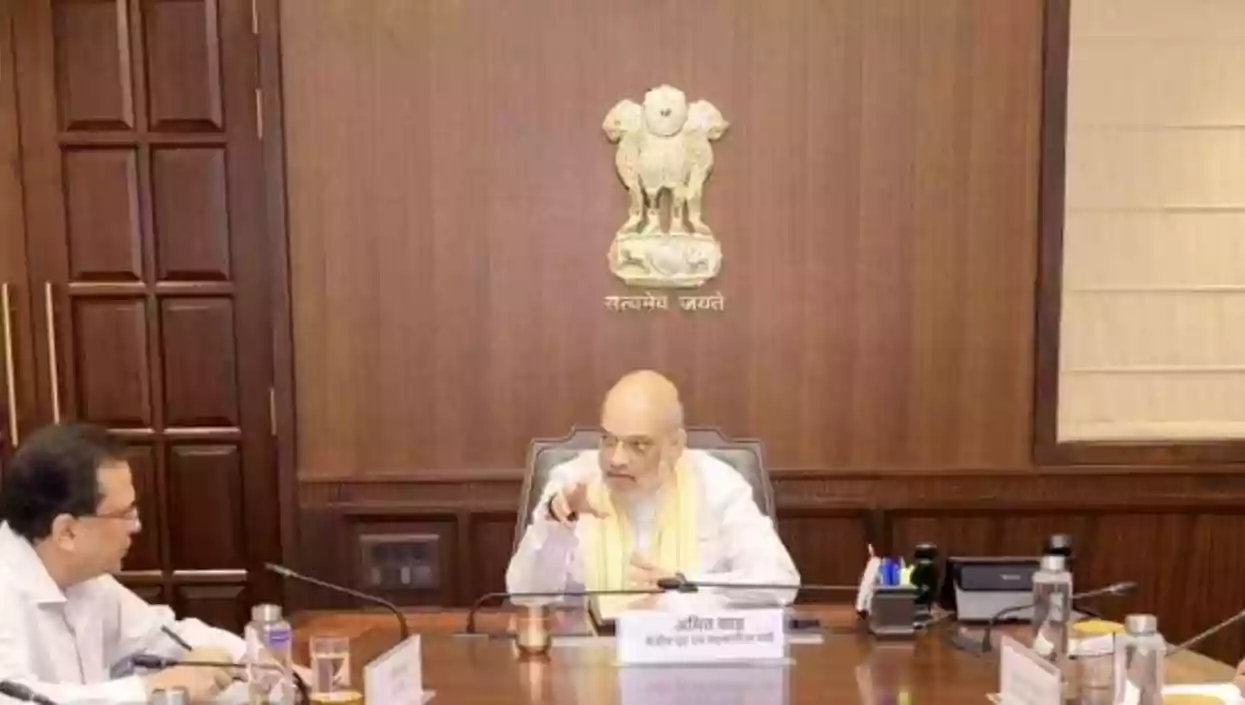.gif)
.gif)

Union Home Minister Amit Shah announced on Monday that the central government will now conduct annual inter-state disaster management mock drills. Speaking at the relief commissioners and Disaster Response Forces Conference in New Delhi, Shah emphasized the government's strategic shift towards proactive disaster management, moving away from a solely "relief-oriented" approach. He highlighted the significant progress made in the last decade in terms of capacity, pace, efficiency, and accuracy in disaster preparedness, asserting a shift from minimizing casualties to achieving "zero-casualty outcomes," citing Cyclone Biparjoy in 2023 as an example where no fatalities, including animals, were recorded.
Shah stressed the critical importance of coordinated drills, stating that success in dealing with inter-state disasters is impossible without the active assistance and brainstorming from states. He urged state and Union Territory relief commissioners to formulate comprehensive district-level disaster management strategies within the next 90 days, underscoring that a robust defense against disasters hinges on such localized planning. Additionally, he called upon officials to implement the Centre's disaster response guidelines, including the incident response system, and to devise strategies for protection against specific threats like lightning.
Further outlining the government's vision, the Home Minister reiterated plans to integrate the Start-Up India initiative with advancements in disaster relief technologies. He emphasized the importance of real-time response frameworks for extreme heat events, advocating for preparedness well in advance of heatwave occurrences. Shah concluded by stating that the current government's disaster response efforts have become "more proactive than reactive," attributing this to increased financial empowerment, a larger government budget for disaster and relief, and a multidimensional policy approach encompassing design-oriented institutional and structural empowerment.